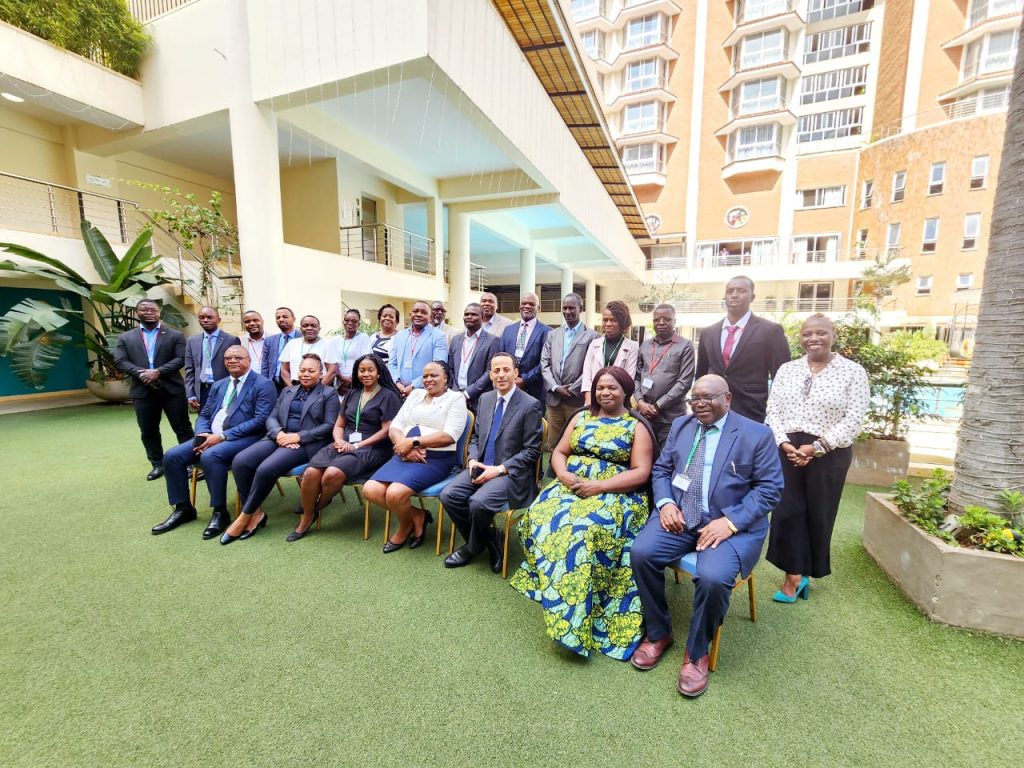
The 5th Project Steering Committee Meeting for the 11th European Union Development Fund Small Scale Cross Border Trade Initiative (SSCBTI) has noted positive developments in enhancing small scale cross border trade in the region for the past six years of its existence.
The committee which met in Nairobi, Kenya from 11-12 December 2024 acknowledged that the project had made remarkable strides in increasing formal cross border trade flows in the COMESA-EAC-SADC Tripartite region.
Among the notable positive strides is the introduction of innovative policies and mechanisms that have significantly facilitated cross-border trade which includes the Simplified Trade Regime (STR) and the Passenger and Cargo Manifest System.
Speaking on behalf of the Government of Kenya, the Principal Secretary for Trade Mr Alfred KÓmbudo recognised the vital contributions of COMESA in supporting small-scale and informal cross-border trade which in turn helps grow national and regional economies.
He pointed out that formalising cross-border trade is crucial for the region as the opposite of using informal routes often exposes the traders to vulnerabilities, including harassment, unsafe conditions and limited access to formal support systems. For governments, informal trade results in loss of revenue, challenges to economic development, unfair competition and weakened private sector investments.
“This meeting provides a platform to not only discuss challenges but also share the inspiring success stories of the traders. From women transforming their businesses into thriving enterprises to youth innovating solutions for cross-border challenges,” Mr KÓmbudo said. He was represented by Mrs Catherine Kithinji, Deputy Director of Trade.
To address these issues, COMESA through the 11th EDF funded SSCBTI has worked to improve the situation.
Assistant Secretary General for Programmes. Amb. Dr Mohamed Kadah said the programme has helped ensure inclusive growth, support regional food security, formalise small-scale cross-border trade flows, increase revenue collection by governments, improve border security and empower vulnerable groups such as women and youth.
“This Initiative is very important for our region in terms of providing livelihoods, addressing unemployment and price differences and moving goods from areas of plenty to areas of scarcity,” Dr Kadah said.
He added that the introduction of Trade Information Desk Officers at targeted borders play a critical role, of providing valuable information to traders and researchers and assist traders in completing necessary forms for customs clearance.
European Union Delegation Zambia office representative Ms Chibwe Salati commended the achievements of the SSCBTI of establishing and building capacity of Cross Border Traders Associations, construction of traders markets, collection and analysis of informal cross border trade data and development of the MIDAS system.
The meeting also mapped out ways of sustaining the various initiatives that have been introduced through the SSCBTI as it is concluding this December 2024.

